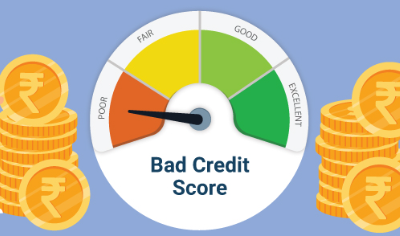As a freelancer, managing finances can present unique challenges and opportunities. While freelancing offers flexibility and autonomy, it also requires careful financial planning and management to ensure stability and success. In this guide, we’ll explore essential strategies for effectively managing finances as a freelancer, covering budgeting tips, tax considerations, income stability tactics, and tools to streamline financial management for greater peace of mind and financial success.
1. Budgeting for Freelancers
Budgeting Essentials:
- Track Income and Expenses: Keep detailed records of your income and expenses to gain insight into your financial health and identify areas for improvement.
- Create a Realistic Budget: Establish a monthly budget that accounts for variable income, irregular expenses, taxes, savings goals, and living expenses, ensuring you allocate funds appropriately and avoid overspending.
- Emergency Fund: Prioritize building an emergency fund to cover unexpected expenses or income fluctuations, aiming for three to six months’ worth of living expenses.
2. Tax Considerations for Freelancers
Tax Planning Tips:
- Quarterly Estimated Taxes: As a freelancer, you’re responsible for paying quarterly estimated taxes to the IRS, accounting for both income tax and self-employment tax.
- Track Deductions: Keep thorough records of deductible business expenses, such as home office expenses, equipment purchases, professional development, and health insurance premiums, to minimize taxable income.
- Consult a Tax Professional: Consider working with a tax professional or accountant specializing in freelance taxes to ensure compliance with tax laws, maximize deductions, and optimize your tax strategy.

3. Income Stability Tactics
Strategies for Consistent Income:
- Diversify Income Streams: Explore opportunities to diversify your income by offering multiple services, securing retainer clients, pursuing passive income streams, or creating digital products.
- Client Relationships: Cultivate strong relationships with clients to foster repeat business, referrals, and long-term collaborations, enhancing income stability and growth opportunities.
- Set Clear Payment Terms: Establish clear payment terms with clients upfront, including payment schedules, invoicing procedures, and late payment penalties, to ensure timely and consistent payments.
4. Tools for Financial Management
Streamlining Financial Processes:
- Accounting Software: Utilize accounting software such as QuickBooks, FreshBooks, or Wave to track income, expenses, invoices, and receipts efficiently, simplifying tax preparation and financial reporting.
- Expense Tracking Apps: Explore expense tracking apps like Expensify or Receipt Bank to capture and categorize expenses on the go, eliminating the hassle of manual record-keeping.
- Online Banking Tools: Take advantage of online banking tools and mobile apps offered by your bank to monitor account activity, set savings goals, automate bill payments, and transfer funds seamlessly.
Conclusion
Managing finances as a freelancer requires discipline, foresight, and strategic planning to navigate the complexities of variable income, tax obligations, and financial uncertainty. By implementing effective budgeting practices, staying informed about tax considerations, diversifying income streams, and leveraging technology to streamline financial management, freelancers can achieve greater financial stability, success, and peace of mind in their freelance journey.





